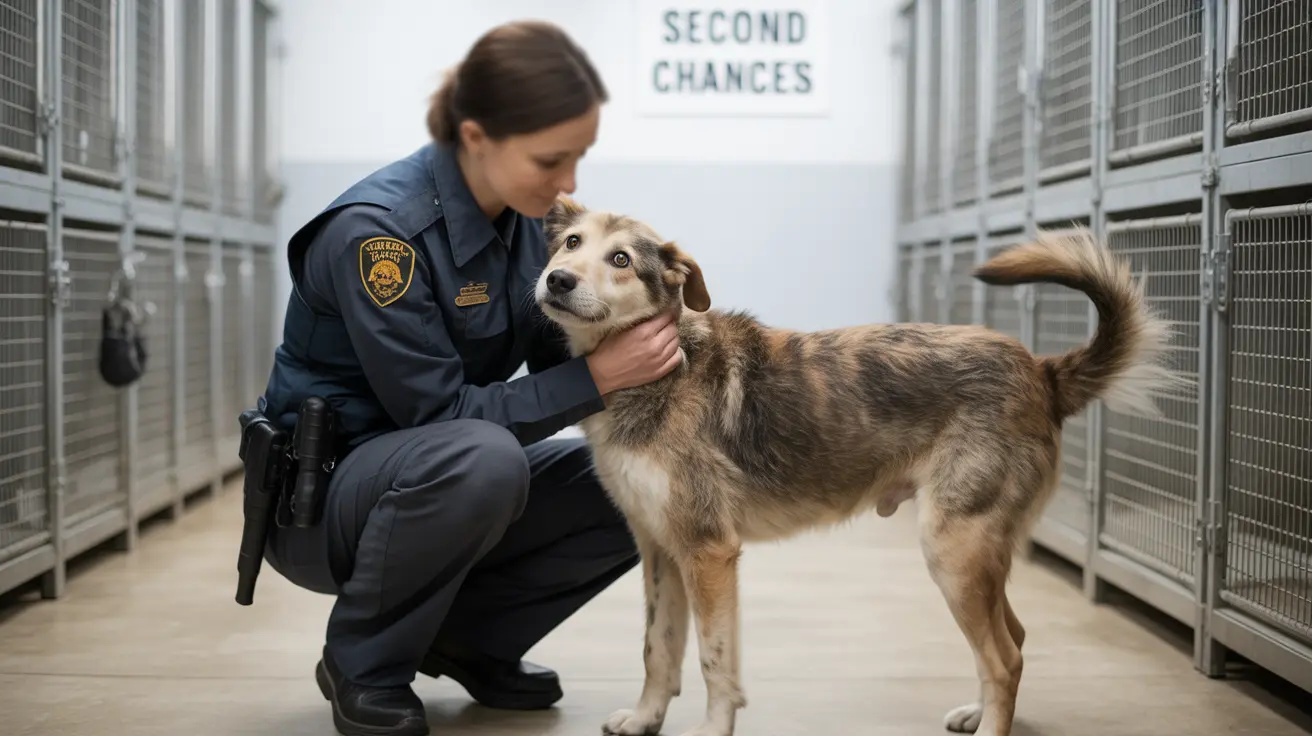In a disturbing discovery that underscores the importance of recognizing animal neglect signs, authorities uncovered a heartbreaking scene in an Adams County apartment. The incident has drawn attention to the critical need for community awareness and prompt reporting of suspected animal mistreatment in Pennsylvania.
This case represents a sobering reminder of why understanding and identifying signs of animal neglect is crucial for protecting vulnerable pets. It also highlights the importance of Pennsylvania's robust animal protection frameworks, including Libre's Law, which provides legal tools for addressing such situations.
Pennsylvania Animal Cruelty Penalties Under Current Law
Pennsylvania's animal welfare laws have evolved significantly, particularly since the implementation of Libre's Law (Act 10) in 2017. This legislation strengthened the state's ability to prosecute cases of animal neglect and abuse, establishing clearer guidelines for law enforcement and creating stronger penalties for offenders.
How Libre's Law Protects Animals
- Mandatory forfeiture of animals in severe neglect cases
- Enhanced penalties for repeat offenders
- Felony-level charges for extreme cases of neglect or abuse
- Protection for veterinarians who report suspected abuse
Animal Welfare Laws Pennsylvania: Enforcement and Action
When cases of suspected animal neglect are reported, multiple agencies typically coordinate their response. Local law enforcement works alongside animal control officers and certified humane society police officers to investigate complaints and ensure proper enforcement of animal protection laws.
The Role of Animal Control
Pennsylvania animal control officers serve as frontline responders in cases of suspected neglect. They are authorized to:
- Investigate reports of animal mistreatment
- Issue citations for violations
- Remove animals from dangerous situations
- Work with local shelters for animal placement
Pet Neglect Investigation Process
Investigations into animal neglect typically follow established protocols that protect both the animals and the integrity of potential legal proceedings. These investigations often involve:
- Documentation of living conditions
- Assessment of animal health status
- Collection of evidence
- Coordination with local shelters and veterinarians
Impact on Animal Shelter Intake Policies
Cases like the Adams County incident can place significant strain on local animal shelters. These organizations must balance their capacity to accept new animals while maintaining appropriate care standards for existing residents. Many shelters have developed specific intake policies for animals from neglect cases, ensuring they can provide necessary medical care and rehabilitation.
Frequently Asked Questions
How can I recognize signs of animal neglect or abuse in my community?
Common signs include lack of food or water, unsanitary living conditions, untreated medical needs, and visible signs of starvation or poor physical condition.
What should I do if I suspect an animal is being neglected or abused in Pennsylvania?
You can report concerns to local law enforcement, animal control officers, or the state's humane society. Providing credible information increases the likelihood of investigation and prosecution.
What legal protections exist in Pennsylvania against animal neglect and abuse?
Pennsylvania's Libre's Law (Act 10), effective since 2017, enhanced penalties for animal neglect and abuse, including felony charges for severe cases. Recent laws also protect pets in domestic violence situations.
Taking Action Against Animal Neglect
The Adams County case serves as a crucial reminder of the importance of community vigilance in preventing animal neglect. By understanding the signs of neglect and knowing how to report concerns, citizens play a vital role in protecting vulnerable animals.
Remember that early intervention can prevent situations from escalating to tragic outcomes. If you suspect animal neglect in your community, don't hesitate to contact appropriate authorities. Together, we can work to ensure better protection for all animals in Pennsylvania.






